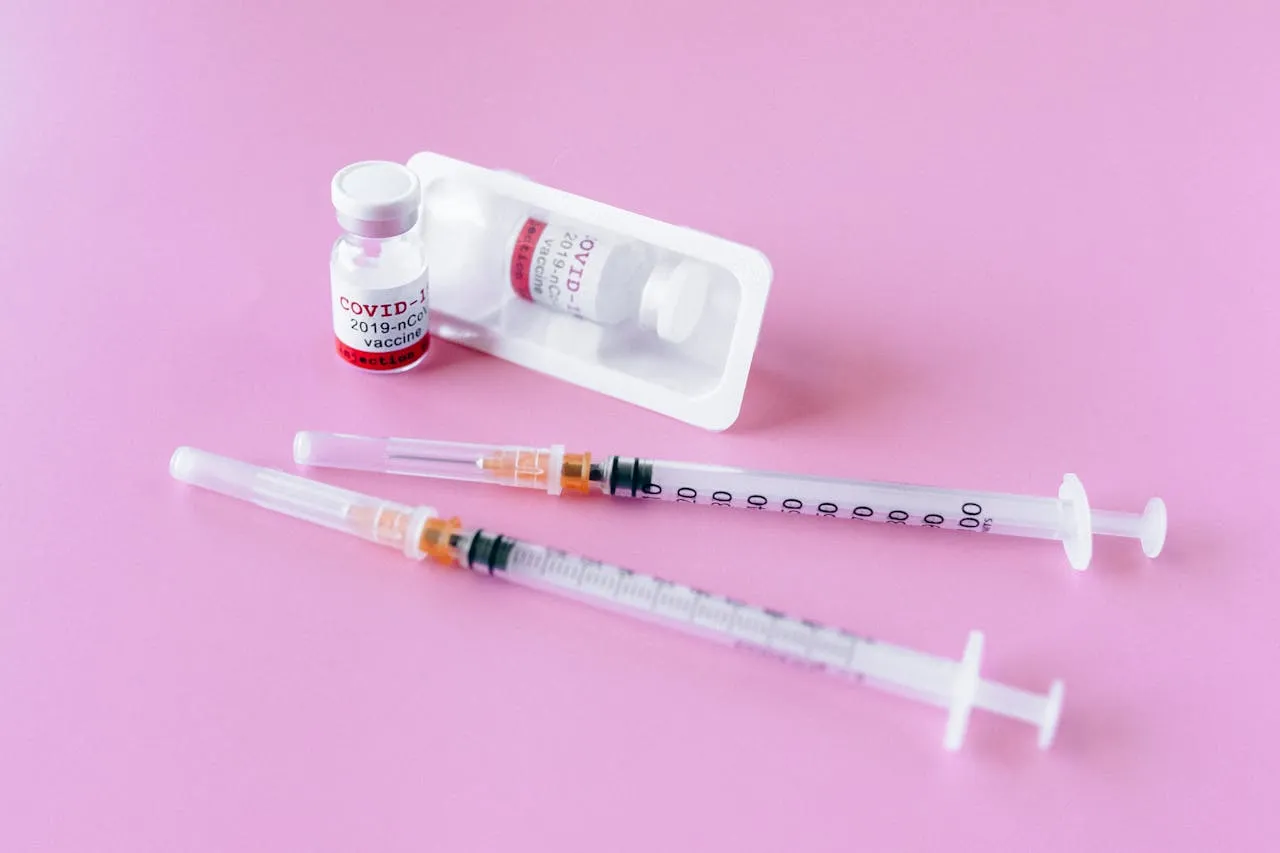
Health Secretary Robert F. Kennedy Jr. Endorses Broader RSV Vaccine Use, Following Guidance from Former ACIP Panel
Despite ousting the Centers for Disease Control and Prevention’s (CDC) vaccine advisory panel last month, Health and Human Services (HHS) Secretary Robert F. Kennedy Jr. has formally adopted its recommendation to expand the use of respiratory syncytial virus (RSV) vaccines to include adults aged 50 to 59 who are at increased risk of severe illness. The decision underscores a complex dynamic within federal health agencies, as Kennedy moves to implement recommendations made by experts he removed—highlighting both the challenges and the politics shaping U.S. vaccine policy.
On June 25, 2025, the CDC updated its website to reflect that the broader RSV vaccination guidance has been accepted as an official recommendation by the CDC, based on Kennedy’s endorsement. This comes at a time when the CDC remains without a permanent director, leaving the final authority for such public health decisions temporarily in the hands of the HHS Secretary.
Originally, RSV vaccination guidelines only recommended immunization for adults 60 to 74 years old who were at high risk for severe disease, and universally for those 75 years and older. However, in April, the Advisory Committee on Immunization Practices (ACIP)—before being disbanded by Kennedy—voted to expand eligibility to include high-risk individuals in the 50 to 59 age bracket, citing increasing data showing susceptibility and potential hospitalizations in this group.
RSV, a common respiratory virus that typically causes mild, cold-like symptoms, can be dangerous for older adults and individuals with underlying health conditions. The expanded vaccine guidance is intended to reduce hospitalizations and severe outcomes in a broader swath of the population.
Three RSV vaccines are currently available in the U.S. market. GSK’s Arexvy, which was the first to receive FDA approval in May 2023, is now indicated for adults 60 and older, as well as those aged 50 to 59 with risk factors. Pfizer’s Abrysvo, which gained approval shortly after Arexvy, covers a similarly broad demographic and also includes pregnant women between 32 and 36 weeks of gestation. Moderna’s mRESVIA, an mRNA-based RSV vaccine, rounds out the trio. It, too, is approved for adults 60 and up and at-risk individuals from 18 to 59 years of age.
Kennedy’s endorsement of the expanded RSV vaccine recommendation comes after a controversial decision in June to disband the existing ACIP panel. He argued that removing the advisors was necessary to “restore public trust in vaccine science,” citing concerns about potential industry influence. However, many public health experts criticized the move, emphasizing that the CDC has long had robust policies to manage conflicts of interest, including requiring members to recuse themselves from decisions where they might have professional or financial stakes.
The ACIP has since been reconstituted under Kennedy’s leadership, but with fewer members and several appointees who are known critics of vaccines. This reshaping of the advisory committee has raised questions about whether future vaccine policy decisions will remain grounded in broad scientific consensus or lean more toward skepticism of established immunization programs.
Kennedy has also approved the ACIP’s recommendation to endorse Penmenvy, GSK’s meningococcal vaccine, which was granted FDA approval in February 2025. The dual endorsements—RSV and meningococcal—show a willingness to continue advancing vaccine access and innovation, even amid institutional overhauls.
Meanwhile, efforts to “restore trust” in vaccines are also playing out at the FDA. Dr. Vinay Prasad, director of the FDA’s Center for Biologics Evaluation and Research (CBER), is championing what he describes as a more risk-based approach to vaccine approvals. His position was spotlighted in late May during internal debates over Moderna’s COVID-19 vaccine MNEXSPIKE.
On May 30, the FDA’s product review committee recommended approving MNEXSPIKE for individuals 12 years and older who had previously received a COVID-19 vaccine. However, Prasad released a dissenting memo the same day, arguing against blanket approval for younger age groups without underlying risk factors. Instead, he advocated for a more targeted indication—authorizing the vaccine for everyone 65 and older, and only for high-risk individuals aged 12 to 64.
“I am unable to conclude that the product has improved safety or reduced reactogenicity for younger individuals at low risk of severe disease,” Prasad wrote, raising concerns about rare but serious side effects that may not yet be fully understood for this formulation.
Despite this internal disagreement, the FDA ultimately sided with Prasad. On May 31, the agency approved MNEXSPIKE with labeling that reflects the restricted use he had proposed. The decision suggests that Prasad’s perspective carries significant weight within the FDA’s leadership, even when it diverges from committee consensus.
In response to media inquiries, an HHS spokesperson defended Prasad’s actions, saying he is “correcting course with data, with transparency, and with the courage to say what others won’t. That’s how trust in science is rebuilt.”
Together, these developments illustrate a broader shift in the federal government’s approach to vaccine oversight under Kennedy’s leadership. While he has criticized aspects of the current system and replaced key advisory figures, his endorsement of expanded RSV access and alignment with FDA officials like Prasad signal a more nuanced position—one that may seek to balance transparency and reform with continuity in advancing public health goals.





